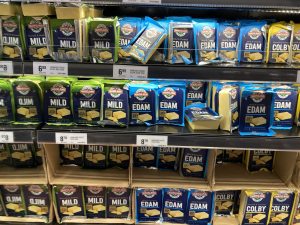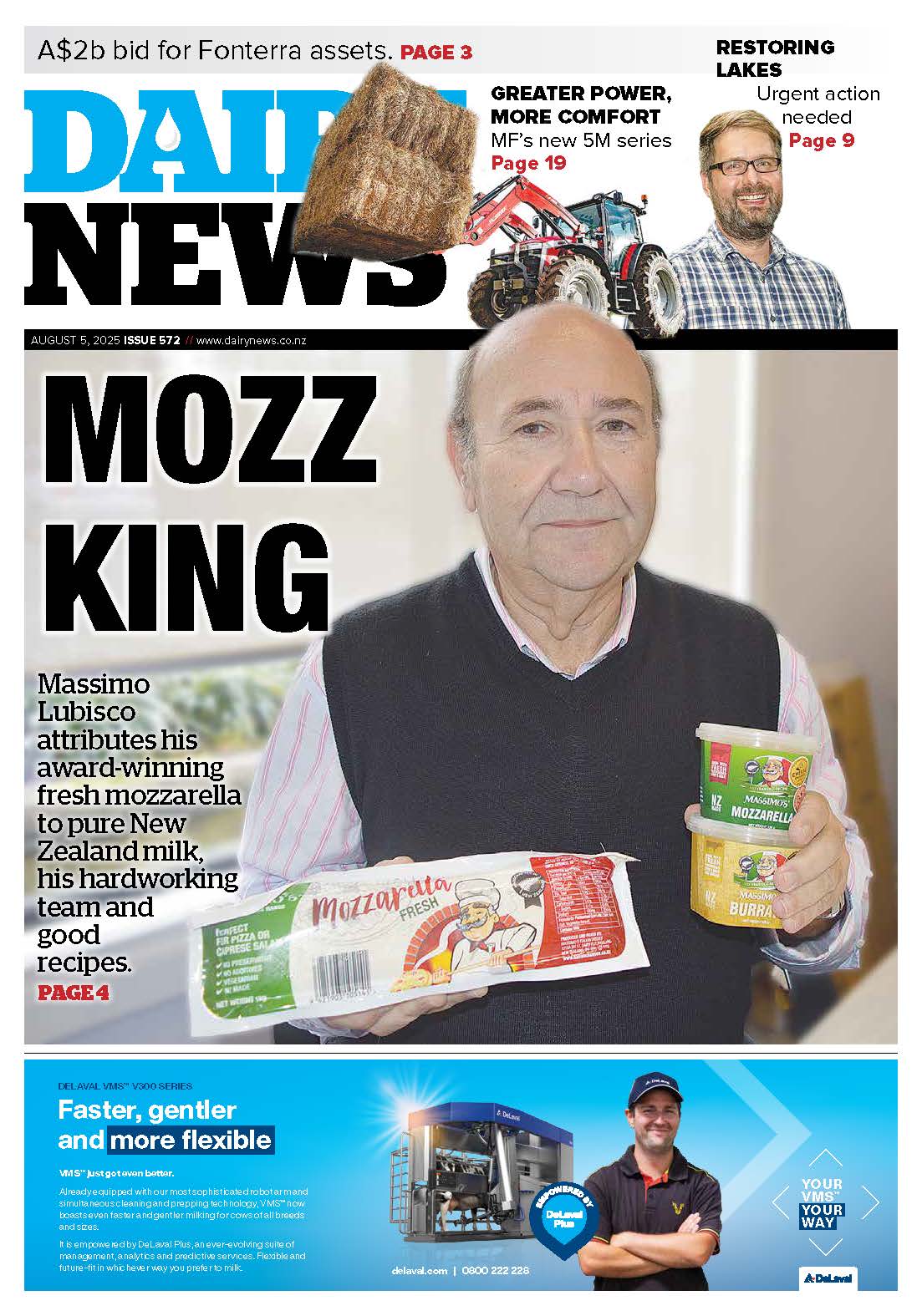In his first monthly commentary to farmers, National Milk Producers Federation chief executive Jim Mulhern says a priority for the organisation is to maximise the value of the pending TPP trade deal to US dairy farmers.
Negotiations of this pact will likely determine this year whether the TPP final agreement represents a net positive opportunity for the US dairy sector, Mulhern says.
“We need greater disciplines on non-tariff barriers, as well as greater access into Canada and Japan, in order for a TPP agreement to be useful to America’s dairy farmers. We also need reforms of New Zealand’s dairy policies as part of the deal.”
Mulhern replaced Jerry Kozak, who stepped down on January 1 after 22 years with the US dairy industry. The NMPF represents 35,000 dairy farmers.
The Trans-Pacific Partnership is a trade deal under negotiation by 12 countries: New Zealand, US, Singapore, Chile, Brunei, Australia, Vietnam, Peru, Malaysia, Canada, Mexico and Japan.
Japanese dairy farmers oppose the TPP, fearing the accord will wipe them out by triggering an influx of cheaper imports. Some Japanese media reports suggest the Government is seeking to exempt agriculture from the pact.
However, TPP is not the top item on Mulhern’s list. He says establishing a new and better safety net for dairy farmers is his top priority.
What should have been achieved by the US Congress in 2012, and what had a chance of getting done last year, was passage of a new farm bill containing the Dairy Security Act, he says.
NMPF and its members have been working hard with Congress since 2009 to devise and pass a new dairy programme.
The good news is that it appears we’re on the cusp of getting a farm bill done as 2014 begins, he says. “Members of the House and Senate are returning to Capitol Hill this month, and finalising the farm bill is also at the top of the list of New Year’s resolutions for them.
“I am cautiously optimistic that the farm bill negotiations between members of the House and Senate agriculture committees will produce an economically and politically viable bill. It’s been bedeviled by controversies ranging from the marketing of catfish and eggs, to the level of spending on food stamps and crop insurance; but differences over these items can and will be resolved.
Mulhern says another item that’s a holdover from the past, but that is also critical to the success of the dairy industry, is immigration reform.
















